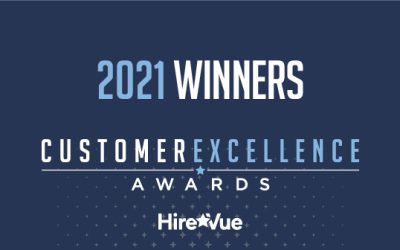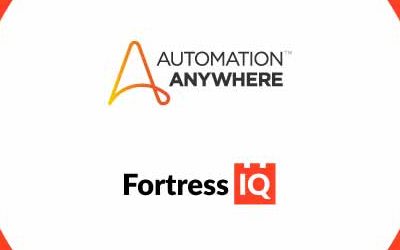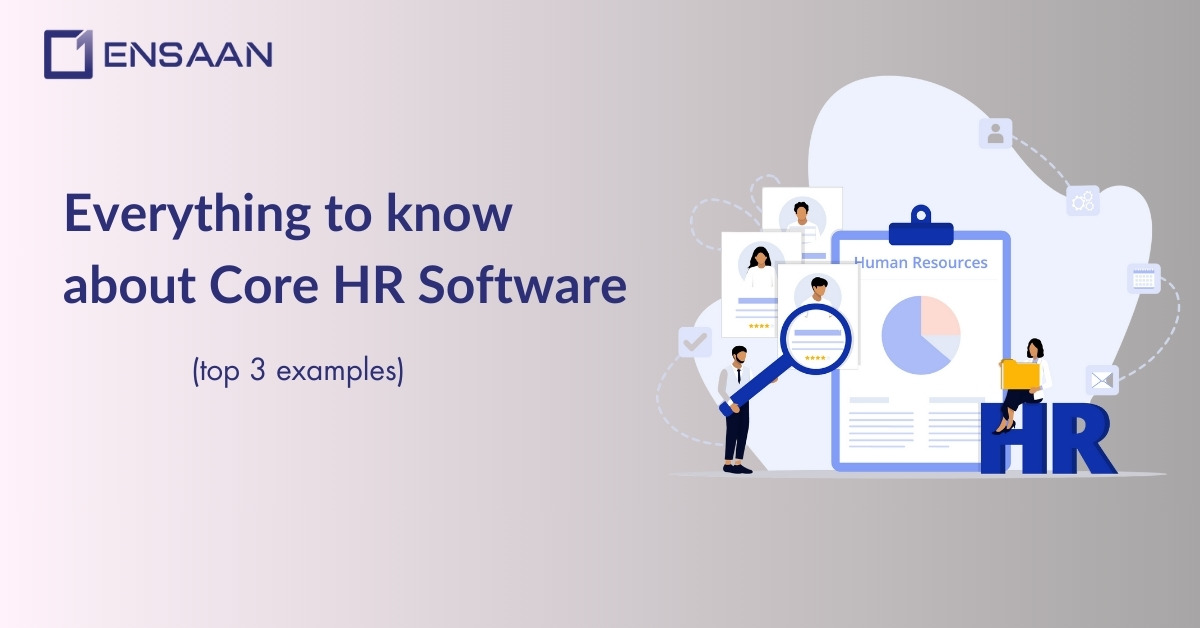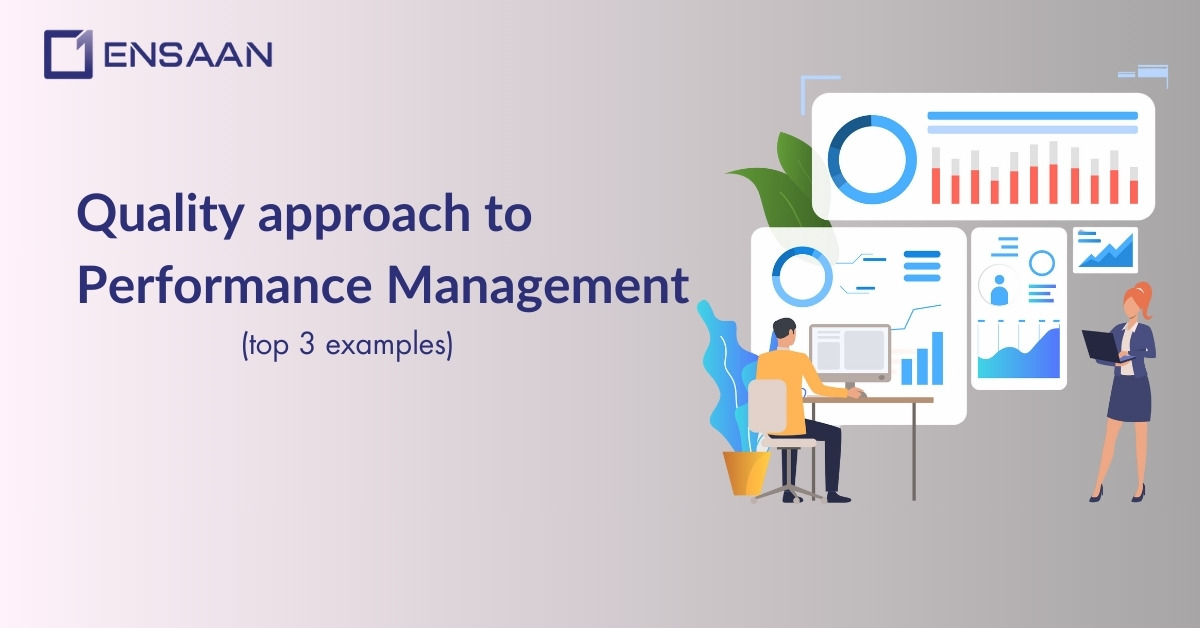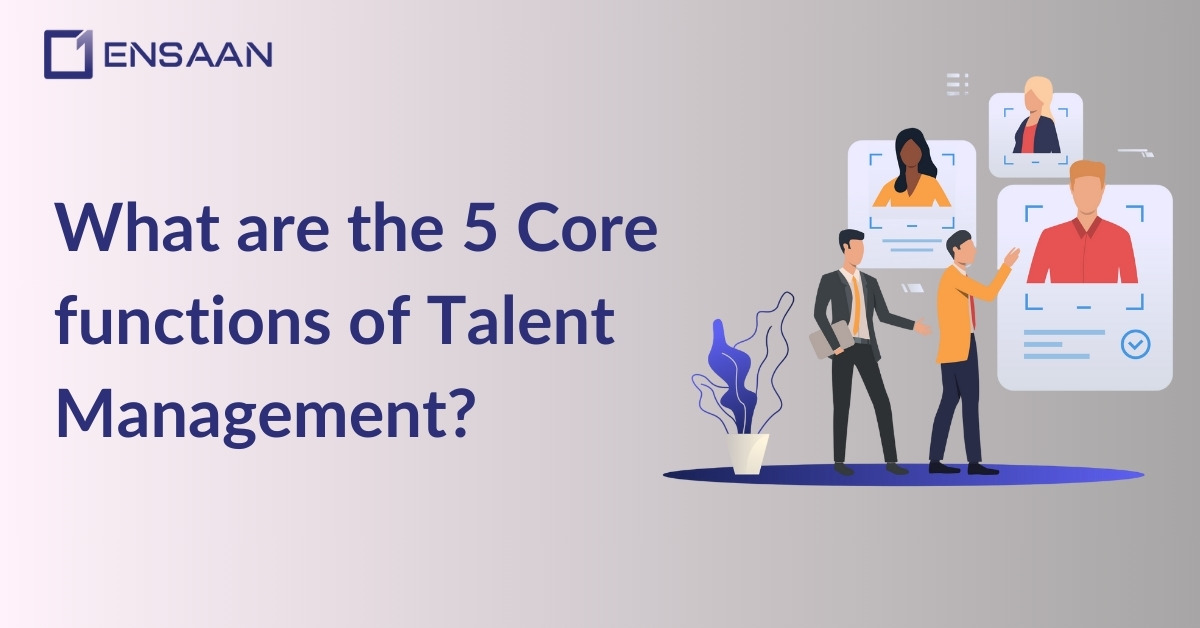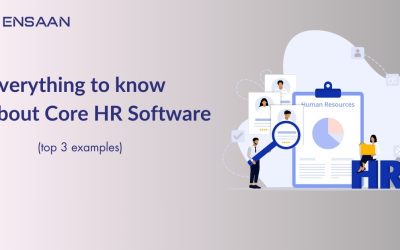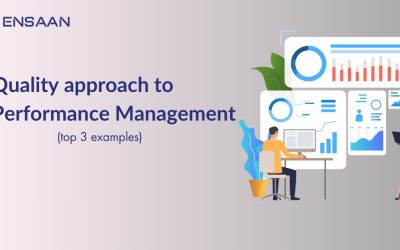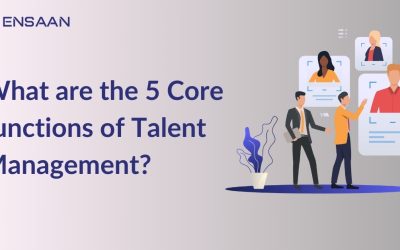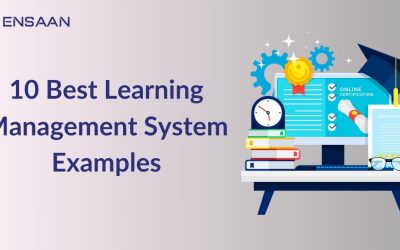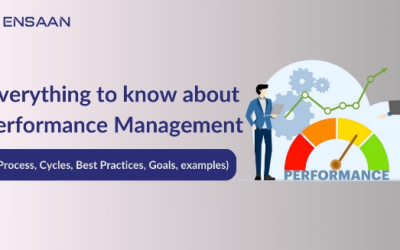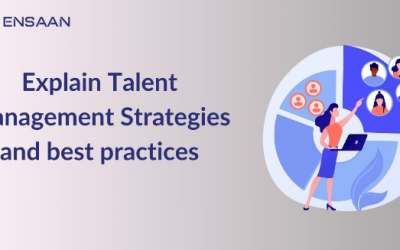Recruitment can be one of the most challenging tasks for any organization-be it a newly baked startup or a corporate giant.
Businesses are booming, which only means their requirements for new employees will further go up the scale, and managing this process manually can easily become counterproductive.
RMS comes to make life easier for today’s HR teams.
In this article, we are going to let you know all you should about RMS, what it is, its benefits, key features, and what to consider before making a choice.
Table of contents
- What is a Recruitment Management System (RMS)?
- Why Do Companies Need a Recruitment Management System?
- Features of a Recruitment Management System
- Benefits of Using a Recruitment Management System
- What will HR leaders do to pick an appropriate RMS?
- How does a Recruitment Management System Work?
- What Considerations When Choosing an RMS?
- Why You Should Choose EnsaanTech for Recruitment Management System?
- Conclusion
- FAQs
What is a Recruitment Management System (RMS)?
A Recruitment Management System (RMS) is a software tool designed and developed to ease and automate the hiring process.
Be it posting job openings, tracking applications, or even onboarding new employees, each step goes smoother with an RMS.
It serves as a single platform to manage the whole recruitment journey, hence allowing the HR teams to focus on finding the right candidates instead of getting overwhelmed with paperwork and routine tasks.
Why Do Companies Need a Recruitment Management System?
Recruitment is such a time-consuming and resource-heavy activity.
Imagine going through thousands of resumes, interviewing candidates, and coordinating everything to perfection so that the candidate-company relation is a match made in heaven.
A Recruitment Management System, or RMS for short, automatically streamlines these tasks to make the whole process more seamless and efficient.
The Evolution of Recruitment: From Paper to Automation
Traditional Recruitment Methods
Before digital tools came in, organizations manually sorted through resumes and interviewed prospects in person.
This was okay for a tiny company but made huge companies susceptible to human errors and inefficiency.
Modern Recruitment Systems
With RMS now, systems can automate everything from the posting of jobs to the selection of candidates, thus making the process swifter and smoother.
Features of a Recruitment Management System
Let’s break down the core features that make an RMS a game-changer for businesses.
1. Applicant Tracking System (ATS) :
The most important feature is the Applicant Tracking System.
It will be able to track candidates down the hiring pipeline right from application to offer.
This ensures no candidate falls through the cracks.
2. Job Posting & Distribution :
RMS platforms let a facility post your job openings on a lot of platforms at once.
Be it LinkedIn, indeed, or some company career page, the system distributes your job posting massively with just a few clicks.
3. Resume Parsing :
Manual reading of resumes is not only time-consuming but prone to errors too.
Resume parsing automates the extraction of essential information from resumes, making it quick to shortlist candidates.
4. Candidate Communication :
Keeping in touch with candidates is very important.
Automated emails regarding their status, updates on the interview, and more help you stay in contact flawlessly and keep candidates interested in your company.
5. Interview Scheduling :
Scheduling interviews can become a nightmare. An RMS will automatically coordinate interview times between candidates and hiring managers, saving you an enormous amount of time emailing and calling around.
6. Analytics and Reporting :
Success in hiring must be informed by data. An RMS provides detailed reports on an array of recruitment metrics, such as time-to-hire to the success rate of every job posting.
Benefits of Using a Recruitment Management System
Now that we have seen some of the core features, let us look at some of the benefits of using a Recruitment Management System.
1. Streamlined Recruitment Process :
An RMS minimizes manual tasks such as screening resumes or scheduling interviews on the part of the recruiter, allowing them to be more candidate-facing rather than administration-facing.
2. Reduced Time to Hire :
Since an RMS automates most parts of the recruitment process, this really reduces the time to fill available positions.
This leads to the effect of your team being able to put more focus on strategic activities and not get bogged down with the hiring process.
3. Enhanced Candidate Experience :
A good RMS ensures that candidates feel confident about the process from start to finish-an easy application to submit, outreach in a timely manner.
In turn, the happier the candidate, the more likely they are to take the offer.
4. Improved Collaboration Among Hiring Teams :
There are usually many different stakeholders involved when recruitment is a concern.
An RMS keeps all the recruitment activities on one platform for better collaboration among hiring managers, HR staff, and other decision-makers.
What will HR leaders do to pick an appropriate RMS?
1. Research and Assess Needs:
First, the HR leaders should research different types of RMSs, finding out what their companies really need.
That would mean understanding what problems their current HR system faces and challenges throughout the HR department.
2. Identify Key Features:
Next, they have to make a checklist of the key features that an RMS should have, which varies based on company size and volume of hiring, among other aspects.
Doing so will help pinpoint the right system with ease.
3. Understand HR Tech:
First, it’s important to know what types of HR technologies are out there.
Some tools may be focused on recruiting, while others may focus their work on training, and others may take on all tasks related to HR.
HR leaders will select the best fit.
4. Evaluate Vendors:
The HR leaders have to go through each vendor’s capability to deliver on the needs of their company.
They need to draw on a strategy that aligns with the goals of the company and the most significant challenges faced by the workforce.
5. Focus on Security and Compliance:
Since the security of data is paramount, in addition, HR leaders should consider how well the RMS secures information, especially with laws like the GDPR.
This will ensure that the system is secure, and the rules followed.
How does a Recruitment Management System Work?
1. Complete Recruitment Management with RMS:
An RMS is a kind of software tool that allows an HR professional to execute all types of tasks involved in the whole hiring process.
These range from attracting candidates right down to final interviews, making the HR functions speed up with better organization.
2. Key Components (ATS and CRM):
An RMS contains important tools, such as an Applicant Tracking System for job posting and application processing.
It would also contain a Customer Relationship Management feature that would keep the channels of communication open with candidates.
Together, these two features assist in an uninterrupted hiring process.
3. Automation for Efficiency:
The RMS automates many time-consuming activities, such as scheduling interviews, answering frequent questions through chatbots, and sending reminders to both recruiters and candidates.
This reduces manual work and increases efficiency.
4. Data-Driven Decisions:
An RMS captures a lot of data points for various hiring metrics.
It helps the human resources teams take better decisions based on facts and trends to uplift their recruitment strategy and find gaps.
4. Strategic RMS Selection:
It means that the HR leaders need to make a conscious decision on the right RMS that shall be selected, study various options available, assess their organization’s requirements and key features, review vendors for the same, and ensure security.
This makes sure that the RMS has met the objectives of the company and also those of the industry.
What Considerations When Choosing an RMS?
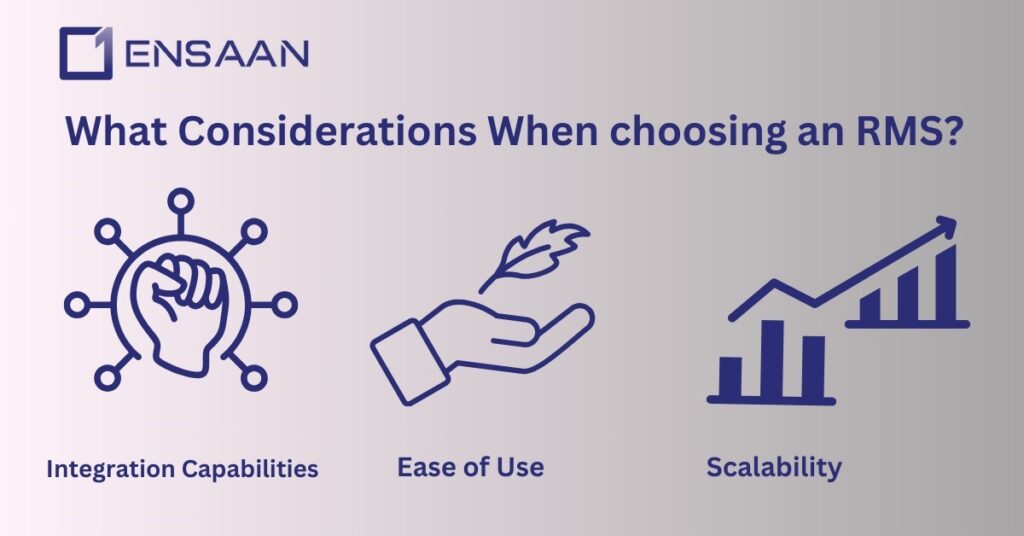
With so many different options, it becomes difficult to decide which RMS should be chosen. Here are a few of the major things you can consider.
Integration Capabilities
Ensure the RMS can easily integrate with the current software, like HR management or payroll systems.
Integrations are going to prevent data silos and make operations run easier.
Ease of Use
While some of the RMS platforms boast a battery of features, they are not exactly user-friendly. Go for those that offer ease of use without compromising on functionality.
Scalability
Your business is going to grow, and so should your RMS. Choose one that can scale with the growth-be it a small startup that hires two or three people or a big enterprise with complicated recruitment needs.
Why You Should Choose EnsaanTech for Recruitment Management System?
At EnsaanTech, seamless recruitment management is possible due to the user-friendly and customizable nature of the platform, streamlining the hiring process from top to bottom.
Rich analytics and integration with other tools make it highly scalable software to meet your business needs as you scale up.
Equally, EnsaanTech enhances candidate engagement and offers reliable customer service.
Conclusion
A recruitment management system is no longer a luxury but a necessity for organizations seeking efficient hiring.
By automating the recruitment process, enhancing collaboration, and improving candidate experience, an RMS will mean your organization will be competitive in the job market.
Be it a small-scale business or a large enterprise, the right RMS can create all the differences in hiring the best available talent.
FAQs
The main purpose of RMS is to make the recruitment process-from posting jobs to candidate selection-quicker and smoother.
An RMS enhances candidate experience through automation of communication, thus making responses faster and easier; it also makes applications easier by parsing resumes and distributing jobs.
Yes, most modern platforms for Recruitment Marketing Systems are designed to be integrated with other HR tools such as payroll, performance management, and employee onboarding systems.
Some of the key factors are ease of use, how well the software integrates, whether it’s scalable, and if the features fit your specific recruitment requirements.
An RMS decreases the time to fill because automation of key recruitment tasks includes screening resumes, scheduling interviews, and communicating with candidates.


